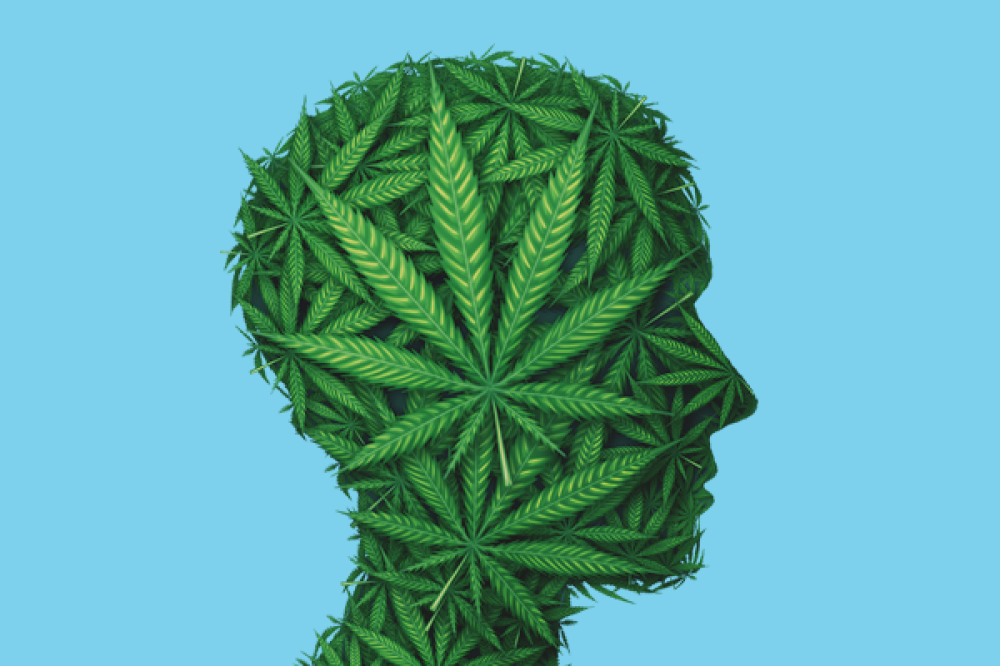5 questions to ask yourself
It has been reported that almost 4% of the world’s population uses cannabis. In the US, about 8% of the users are teenagers. And of all users, about 9% experience a degree of addiction and almost 20% of those began in adolescence. The most recent edition of the Diagnostic and Statistical Manual of Mental Disorders (DSM-5) has combined historical diagnoses into a single category – Cannabis Use Disorder (CUD). The National Institutes of Health reported findings that cannabis abuse is common and may be linked to untreated mental disorders.
Could it be a problem for you? In thinking about the last 12 months, read and answer the questions below. If you answered “yes” to two or more of the questions, you should consult a medical professional for further screening for cannabis use disorder.
- I find that I often crave cannabis or have a strong desire or urge to use cannabis.
- Cannabis use has impacted my ability to function and complete tasks related to work, school, or at home and/or has negatively impacted my relationships with others.
- I continue to use cannabis despite having a persistent desire to cut down and/or despite my knowledge of issues or hazardous behavior likely to have been caused by or exacerbated by my cannabis use.
- I often require larger amounts of cannabis than previously needed to experience the same effects as before and/or I often take in larger amounts of cannabis than intended.
- I often experience negative effects when I’m not using cannabis and often use cannabis to prevent feeling such negative effects.
Lindsey Salerno, M.Ed., is a research intern at the Center for the Treatment and Study of Anxiety (CTSA) at the University of Pennsylvania. She is currently a second year doctoral student in the Clinical Psychology (PsyD) program at Philadelphia College of Osteopathic Medicine.
Lindsey’s research interests include exploring preventative factors and outcomes in trauma-exposed individuals, particularly looking at how trauma and resilience impact the onset and maintenance of anxiety and anxiety-related disorders. Lindsey is also interested in alternative treatment methods, particularly for individuals experiencing post-traumatic symptoms, in conjunction with the use of cognitive behavioral therapies.



